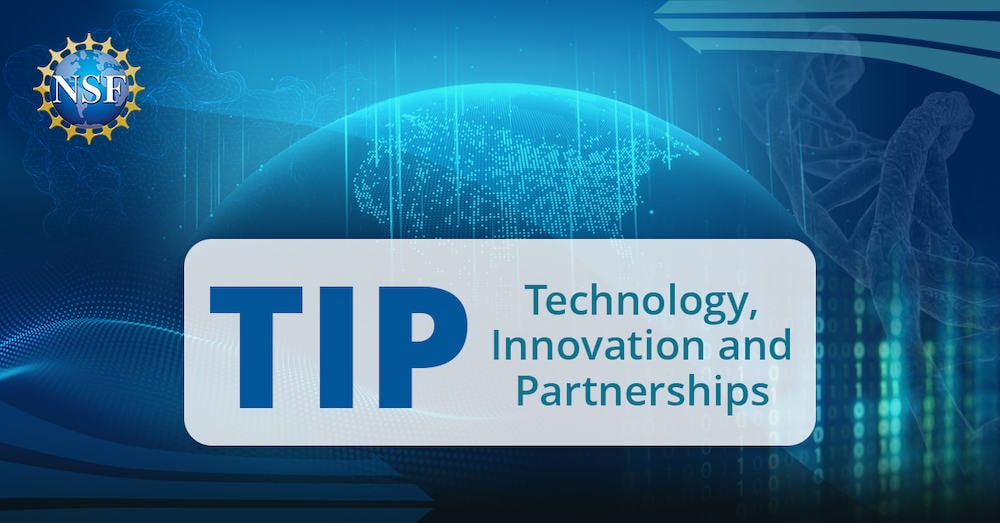
[Image above] The Directorate for Technology, Innovation, and Partnerships is the first new NSF directorate in more than 30 years. Credit: National Science Foundation
Big changes are on the way for the National Science Foundation.
NSF is an independent agency of the United States government. Created by Congress in 1950 “to develop and encourage the pursuit of a national policy for the promotion of basic research and education in the sciences,” NSF is now the funding source for approximately 27% of the total federal budget for basic research conducted at U.S. colleges and universities.
NSF has undergone several major reorganizations over the years as lawmakers sought to emphasize different areas of research. However, since the Directorate for Social, Behavioral, and Economic Sciences was established in 1991, NSF has maintained seven directorates, each subdivided into various divisions and offices that focus on a given area of science and engineering research and education.
Over the last 30 years, lawmakers and experts have floated the possibility of creating more directorates in NSF, such as for materials science research. These proposals rarely advance beyond the idea stage, though, due in part to worries about diluting or unnecessarily complicating NSF’s structure and purpose. That paradigm changed drastically this month when NSF announced the establishment of a new Directorate for Technology, Innovation, and Partnerships on March 16.
The genesis for this directorate traces back to 2019, when Senate Majority Leader Chuck Schumer (D-NY) first spoke publicly about a proposal to have the federal government increase support for applied research. This proposal came largely in response to concerns that the science and technology gap between the United States and the rest of the world—especially China—is closing fast.
In May 2020, Schumer and three bipartisan colleagues introduced the Endless Frontier Act, which proposed to establish a new Directorate for Technology within NSF. This act eventually became part of the Senate’s U.S. Innovation and Competition Act (USICA), which was passed in June 2021.
While the Senate-proposed directorate focuses heavily on strategic technologies, the U.S. House of Representatives propose an alternate vision for the directorate in the COMPETES Act, their response to USICA. Passed in February 2022, the COMPETES Act urges that the new directorate should also address a range of societal challenges, such as climate change and economic inequality. It also emphasizes that the directorate should not lead NSF to lose focus on basic science, which has been the agency’s focus since its founding.
In the final fiscal year 2022 funding package that Congress sent to Biden earlier this month, the Senate and House agreed to endorse the new Directorate for Technology, Innovation, and Partnerships (TIP), which NSF subsequently announced following passage of the funding package. However, the mission and scope of the directorate is still unclear as senators and representatives continue debating the different visions proposed in USICA and COMPETES.
Nonetheless, there are a few activities of the new directorate that are settled matters. An FYI article outlines these knowns, which include
- The TIP directorate will assume responsibility for several existing programs, including the SBIR/STTR small business R&D programs, the Innovation Corps (I-Corps) entrepreneurial education program, and the “Convergence Accelerator” established as part of NSF’s 10 Big Ideas for advancing multidisciplinary research.
- The TIP directorate will launch some completely new activities, including the recently announced Pathways to Enable Open-Source Ecosystems (POSE) program, which aims to expand the community of researchers who develop and use open-source tools and platforms, and a Regional Innovation Accelerators program, which will seed R&D hubs across the U.S. as part of the agency’s efforts to expand its “geography of innovation.”
As the Senate and House prepare for a conference committee to reconcile USICA and the COMPETES Act, a webpage for the TIP directorate is available for readers to learn more and track the directorate’s progress.
Author
Lisa McDonald
CTT Categories
- Basic Science
- Market Insights


